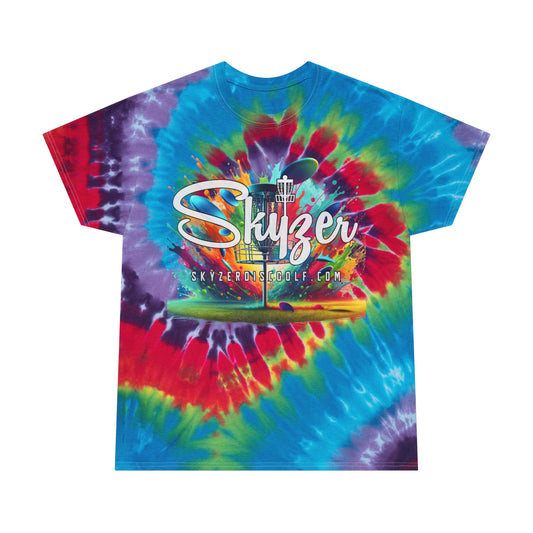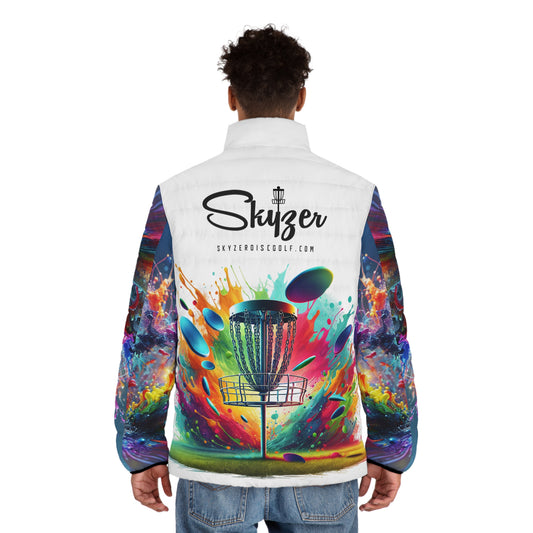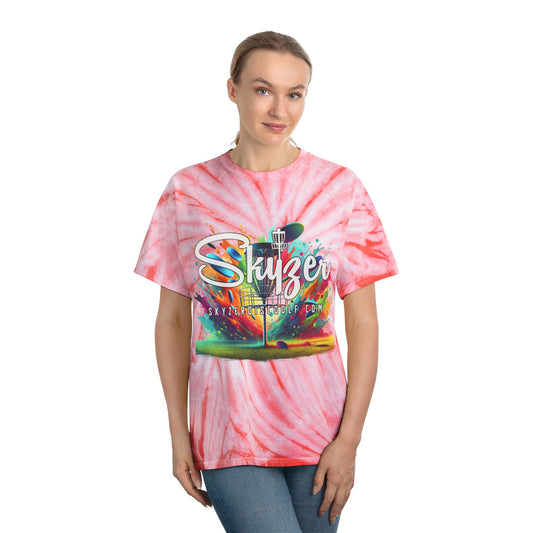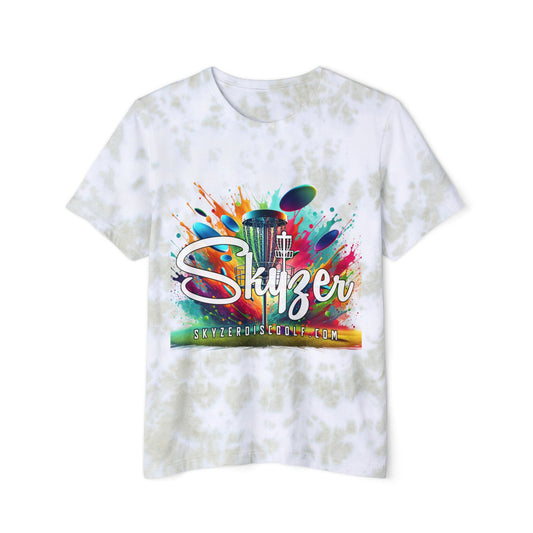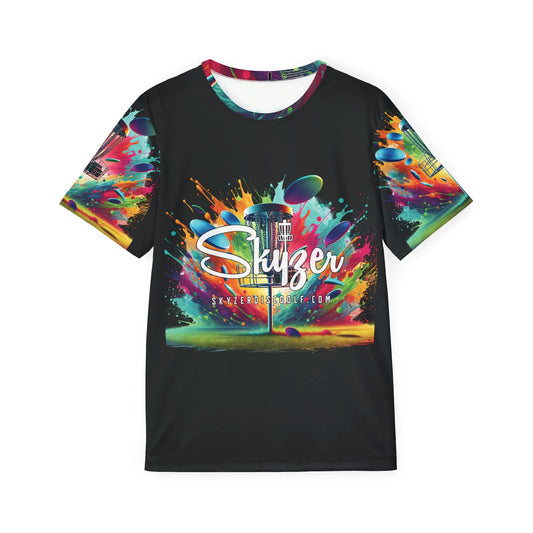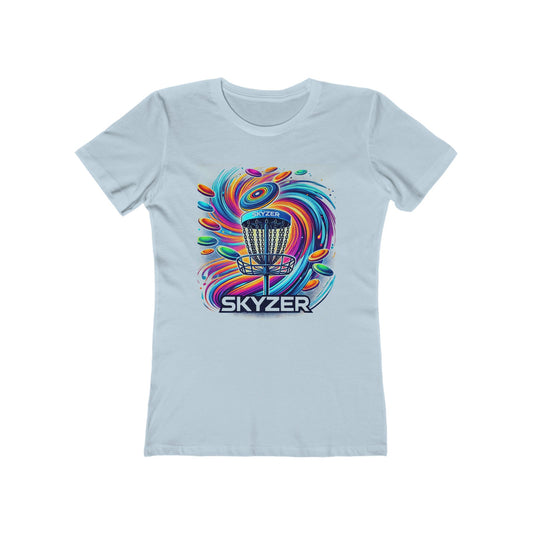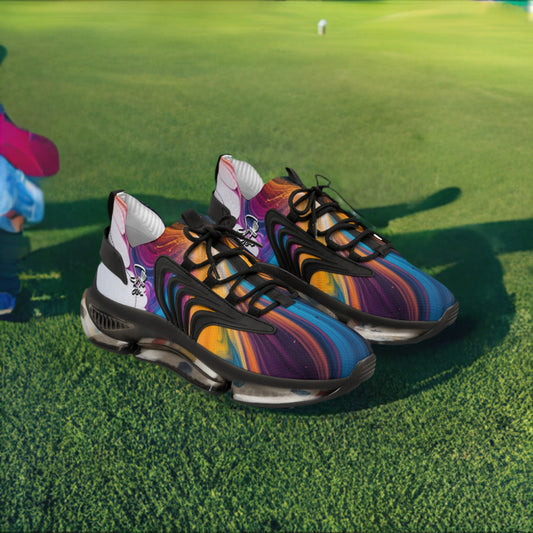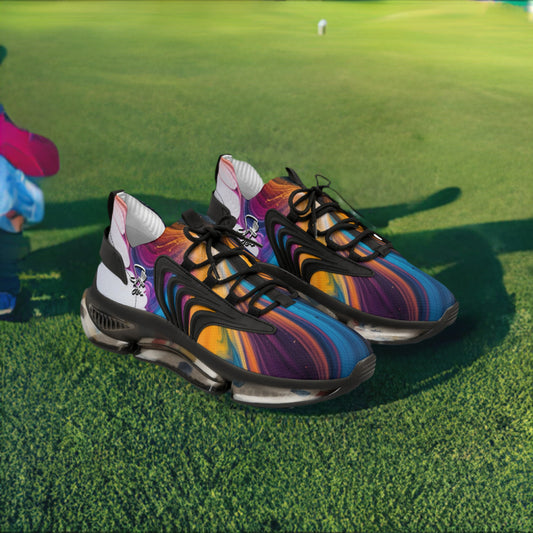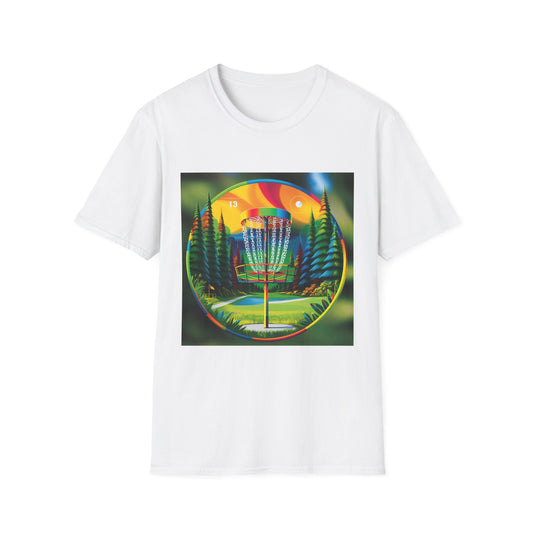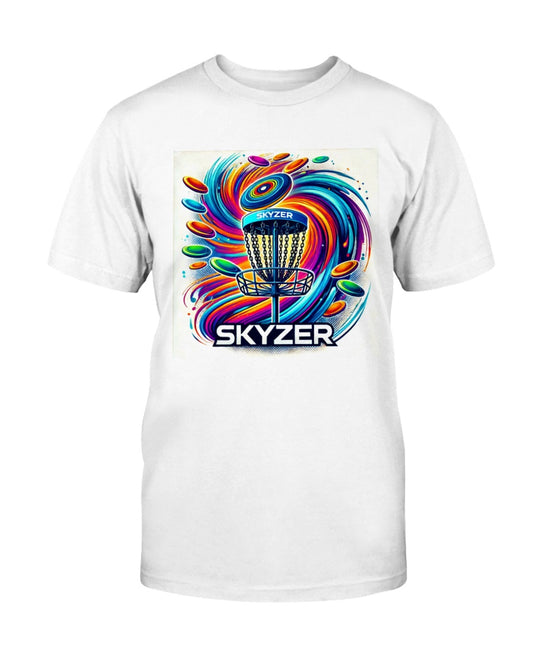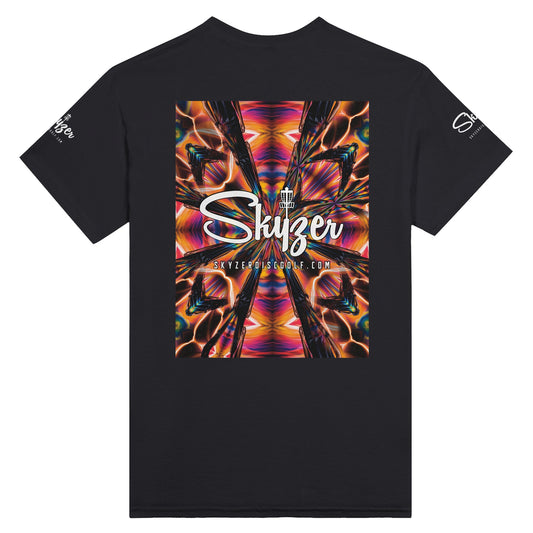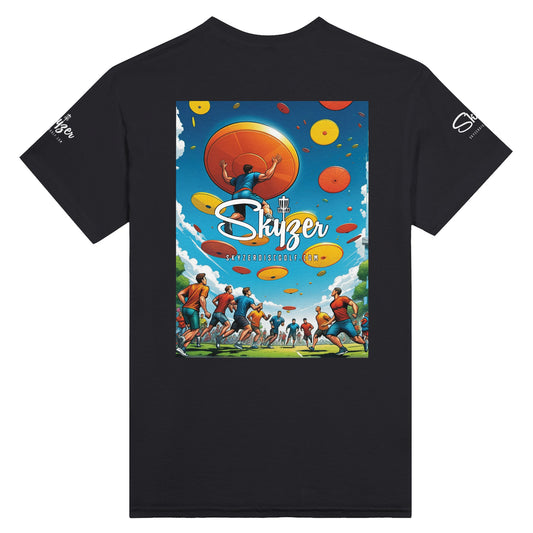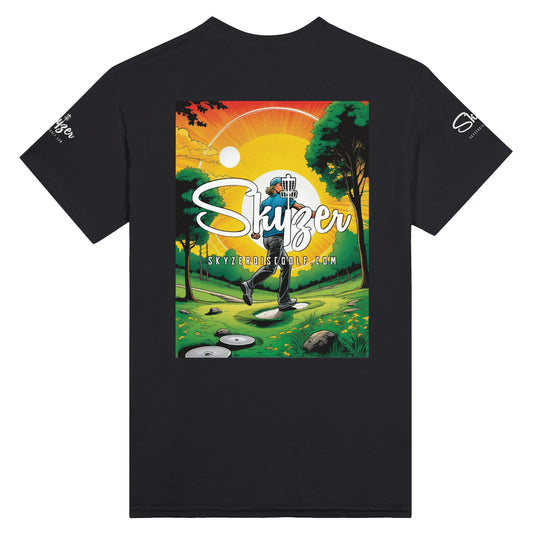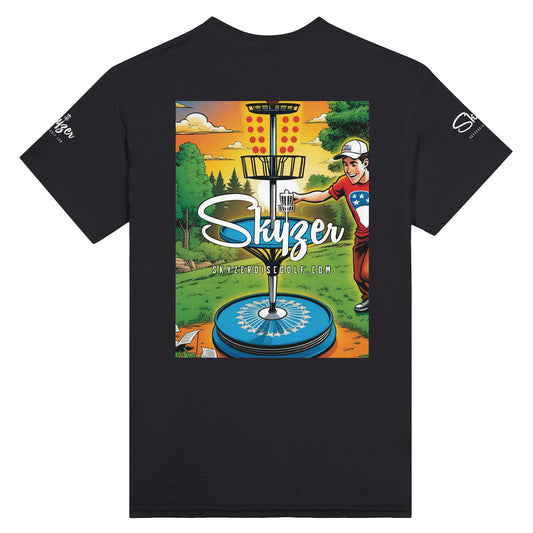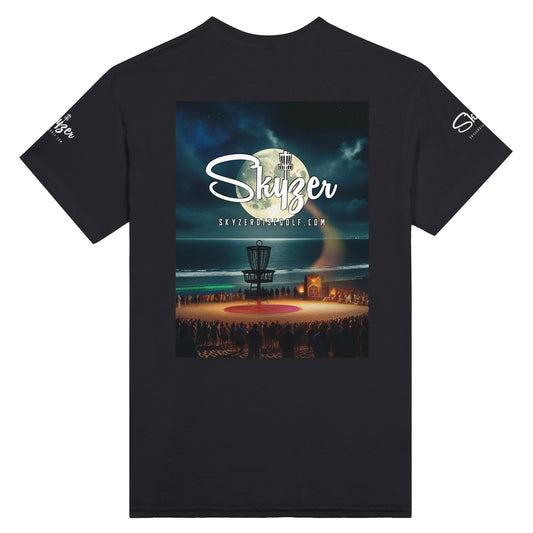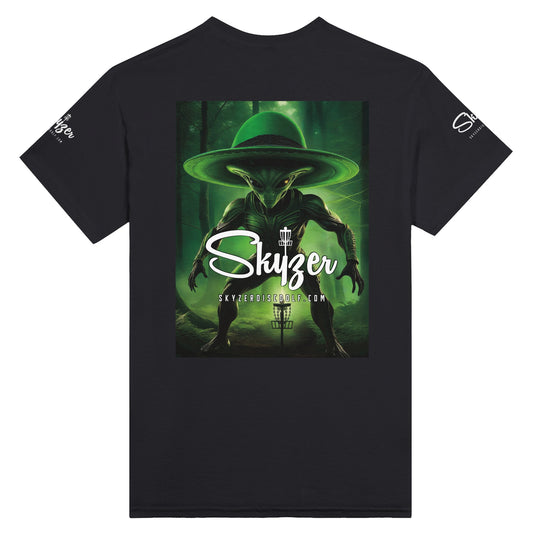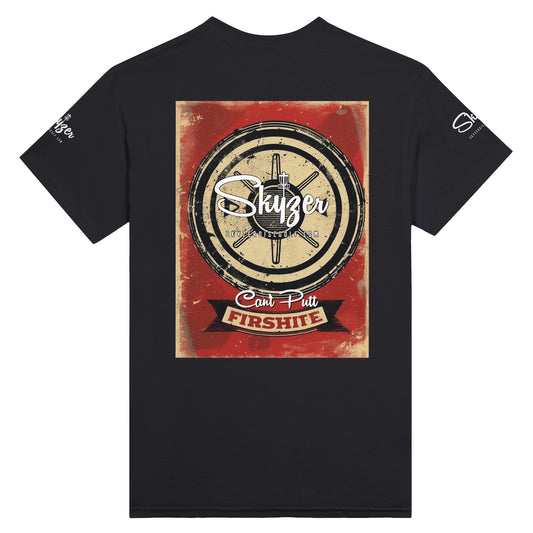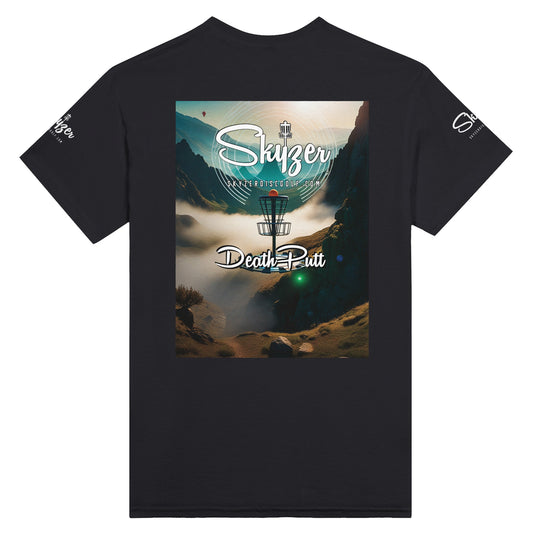
How Disc Golf Helped Me Reconnect with My Mental Health
Share
One player’s personal story of balance, growth, and the basket that brought it all back.
I didn’t pick up a disc thinking it would change my life. In fact, I didn’t even know what disc golf was when I first stumbled onto a course in late 2022. A friend had invited me out for “a few throws.” At the time, I was battling a constant undercurrent of anxiety—numbed by routine, dulled by screens, and aggravated by the stress of trying to hold it all together. I wasn’t looking for a hobby. I was looking for an escape.
What I found was something entirely different. Disc golf, to me, started as a walk in the woods with a flying piece of plastic. But very quickly, it became the first thing in months that I looked forward to. And over time, it became a tool—not just for exercise or distraction, but for healing.
The Early Rounds Were About Breathing
There’s something about standing at a tee pad in the middle of a quiet park, gripping a disc, and focusing on one single motion. No phone. No small talk. No expectations. Just you and the target in front of you.
In those first few rounds, I wasn’t throwing well. Most drives were short or sprayed into the trees. But every step between shots was a breath. A moment to reset. It was meditative in a way I hadn’t experienced in years. I wasn’t thinking about work, or bills, or emails. I was thinking about angle control. Arm speed. Foot placement.
It was the healthiest mental silence I’d had in a long time.
Learning to Compete With Myself, Not Against Myself
As my skills improved, so did my desire to “score well.” But unlike other competitive sports I’d tried and failed to stick with, disc golf introduced me to a different kind of competition—the kind that encourages personal growth, not perfection. I wasn’t trying to beat other players. I was trying to beat the version of myself that sprayed a shot into the woods yesterday.
This mindset shift helped me off the course too. Instead of holding myself to some imaginary, perfect version of who I thought I should be, I started celebrating small wins again. Showing up early to work. Drinking more water. Calling friends back. These were my par saves—scrappy little victories that added up.
Finding a Community That Wasn’t Just About Winning
One of the biggest surprises disc golf gave me was community. I’ve never been much of a joiner, but something about the people in disc golf felt different. Maybe it’s the shared frustration of doinking a 25-foot putt or the joy of a perfect flex shot through a tunnel of trees. Whatever it is, I felt connected.
Local leagues, casual doubles rounds, post-tournament cookouts—these weren’t just social events. They were proof that people still slowed down, laughed, competed respectfully, and supported each other. I didn’t need to impress anyone. I just had to show up.
Turning the Corner, One Throw at a Time
Disc golf didn’t cure my anxiety. But it gave me a tool to manage it. A place to go when the noise in my head got too loud. A routine that rewarded focus and patience. A space that didn’t ask me to be anything more than present.
It taught me how to let go—of expectations, of mistakes, of the bad shot I couldn’t take back. It gave me perspective: sometimes you hit first available, and sometimes you park it. Either way, there’s another hole waiting.
Final Thoughts
There are a lot of reasons to love disc golf—competition, exercise, the thrill of a perfect flight. But for me, it was something deeper. It was therapy. It was peace. It was purpose, at a time when I needed all three.
So if you’re going through something—stress, burnout, depression, anxiety—try stepping onto a course. Not to win. Not to impress. Just to throw. You might find, like I did, that the basket has more to offer than chains.

